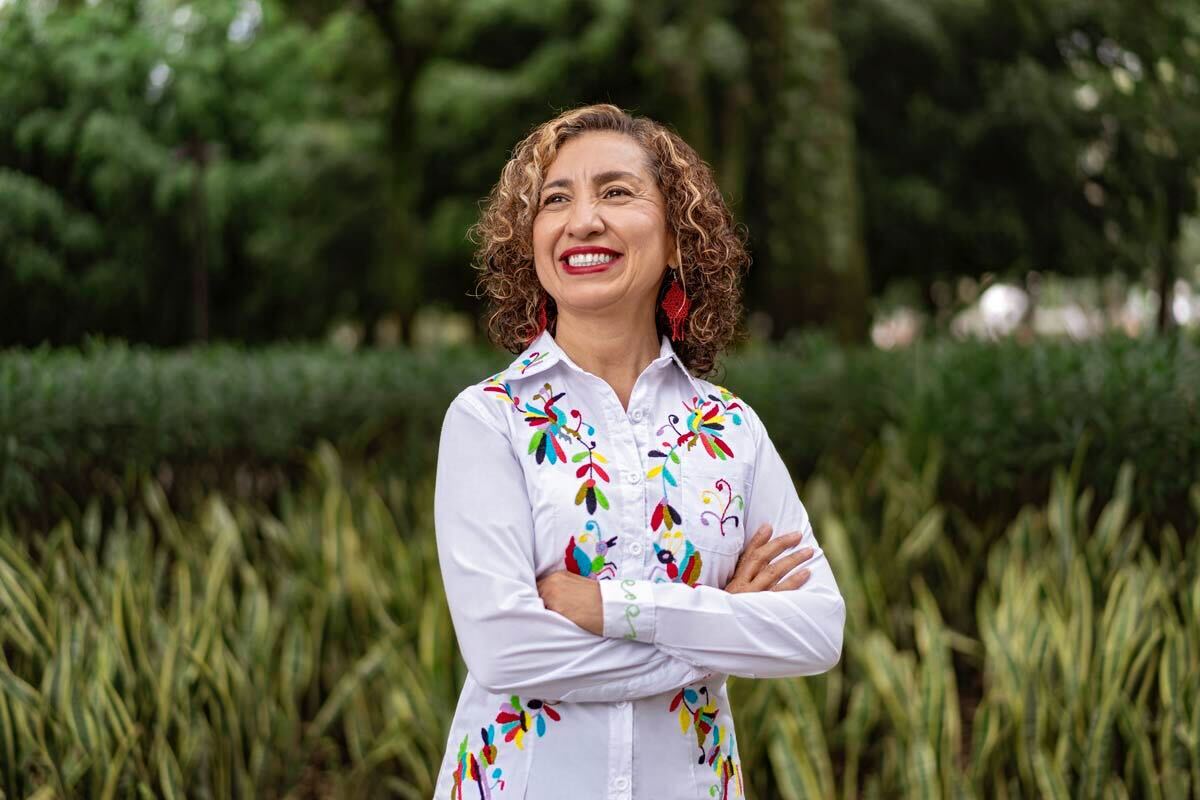One of the big challenges for universities that teach medicine is to understand the discipline’s educational ecosystem.
According to Carlos Gómez Restrepo, psychiatrist and Dean of the Faculty of Medicine at the Pontifical Javeriana University, there is a lack of research on medical education, which he believes is essential to begin to develop.
“The study of educational research is not strong enough. Health personnel use basic strategies to review material, to teach surgery, but we have to start publishing how we do that in order to help our colleagues,” said Gómez Restrepo at the Disruptive Research in Academic Health Training Centers seminar organized by TecSalud.
Another challenge facing research in medical schools is that funds for such projects are increasingly limited and often difficult to obtain, said the dean of the school in which 1,200 medical students currently study and in which 450 actively participate in research.
To achieve these aims, cross-discipline teamwork is necessary; one of the focuses implemented in classes has been how to improve communication between students and health professionals.
“A while ago, they were called soft skills but they’re really the hard ones. Someone who doesn’t know how to communicate cannot be a good teacher. Without this, there won’t be good research either,” said Gómez Restrepo.
The objective is for doctors to balance classes and research, thereby fostering a friendly environment in which they can also develop pedagogical skills. For the dean, it is important to provide graduate students and researchers sufficient time to assimilate what they have learned.
“Sometimes we give them so much to do that we don’t leave time for thinking. A psychoanalyst, who was a teacher of mine, told me that it’s important to leave time for people to think,” he said.
Did you find this story interesting? Would you like to publish it? Contact our content editor to learn more at marianaleonm@tec.mx


















